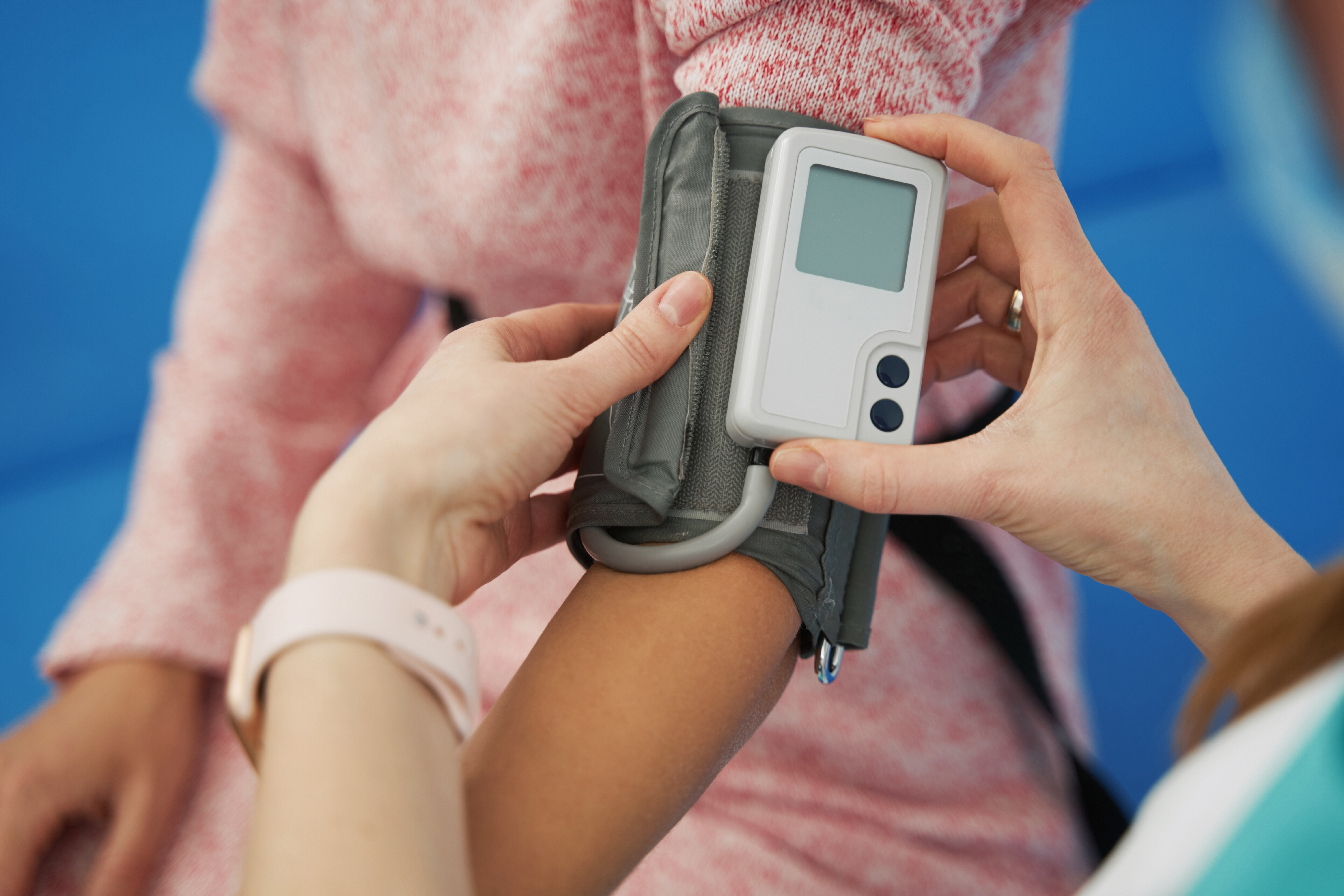Medications That Could Be Contributing to Your Weight Gain
9. Migraine Medications: Relief with a Side of Weight Gain

Migraine prevention medications, including certain antidepressants, beta blockers, and antiepileptic drugs, are effective at reducing the frequency and severity of migraines. However, some of these treatments—such as amitriptyline, valproate, and propranolol—are known to contribute to weight gain through increased appetite, slowed metabolism, and fluid retention. Since migraines can already disrupt daily routines, unexpected weight changes can add another layer of frustration. Individuals taking migraine medications can work closely with their healthcare provider to assess whether switching to a weight-neutral alternative, such as topiramate or newer CGRP inhibitors, is a viable option. Additionally, incorporating low-inflammatory, nutrient-dense foods, staying well-hydrated, and maintaining a consistent sleep and exercise routine may help counteract the metabolic effects of these medications. Managing migraines while maintaining a healthy weight requires a personalized approach that balances symptom control with overall well-being.
10. Blood Pressure Medications: Balancing Cardiovascular and Weight Health

Certain blood pressure medications, such as beta blockers, calcium channel blockers, and alpha-blockers, can inadvertently contribute to weight gain. These medications work by lowering heart rate and relaxing blood vessels, but in doing so, they may reduce metabolic rate and cause fluid retention. Some individuals also experience fatigue or reduced exercise tolerance, making it more challenging to maintain an active lifestyle. While controlling high blood pressure is essential for long-term health, there are strategies to mitigate weight-related side effects. Patients can discuss alternative medications, such as ACE inhibitors or ARBs, which are less likely to impact weight. Additionally, focusing on heart-healthy habits—such as eating fiber-rich foods, reducing sodium intake, and engaging in low-impact activities like swimming or walking—can help maintain both cardiovascular and metabolic health. Finding the right combination of medication, diet, and movement is key to managing both blood pressure and weight effectively.
